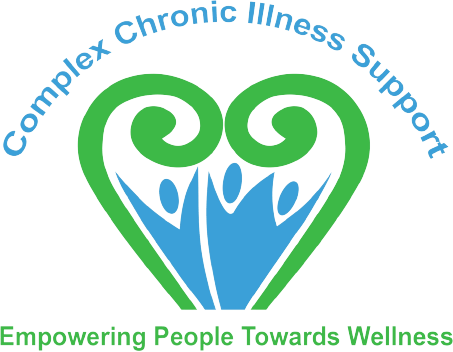By Phil
Life’s journey can often feel like a winding path filled with unexpected twists and turns. For those navigating the challenges of chronic illness, this journey can resemble a hero’s quest—one filled with trials, lessons, and ultimately, profound transformation. Joseph Campbell’s Hero’s Journey offers a powerful framework that resonates deeply with the experiences of those facing adversity. As you read, I invite you to pause, breathe, and allow yourself to reflect on the Insights that emerge. Consider how this journey might mirror your own, guiding you toward wisdom, resilience, and a renewed sense of purpose. Joseph Campbell’s Hero’s Journey offers a powerful metaphor for those going through Chronic Illness, providing a framework to understand their struggles and transformations.
Here’s the essence of how it can be applied:
1. The Call to Adventure (Onset of Illness)
The initial phase of chronic illness can be seen as the “Call to Adventure” in Campbell’s model. It often arrives unexpectedly and disrupts the person’s ordinary world, forcing them to face an unknown journey. In this context, the call might be a diagnosis or the first symptoms, signaling the beginning of a deep, transformative experience.
2. Refusal of the Call (Resistance and Fear)
Many who experience chronic illness initially resist or deny the reality of their condition, just as the hero often refuses the call to adventure. There is fear, confusion, and perhaps anger at the loss of their former life. This period is marked by trying to hold on to normalcy, despite the overwhelming changes.
3. Meeting the Mentor (Finding Guidance and Support)
In the illness journey, mentors could take the form of doctors, therapists, supportive family, or even
personal practices like mindfulness. These figures or tools help provide the knowledge and encouragement needed to continue despite the challenge ahead. They don’t remove the illness,
but they offer wisdom and coping strategies.
4. Crossing the Threshold (Acceptance of the Journey)
Accepting the reality of the illness—both its limitations and its teachings—represents the hero crossing the threshold. This is often a turning point where the individual stops fighting against the illness and begins to work with it, starting the process of inner transformation.
5. Trials and Challenges (Struggles and Growth)
The road of trials in the Hero’s Journey mirrors the physical, emotional, and mental challenges faced in living with and managing chronic illness. Setbacks, pain, and uncertainty are common, but so too are moments of learning, resilience, and small victories. This is where growth happens, often through trial and error, and through developing new coping mechanisms.
6. The Abyss (Dark Night of the Soul)
Many people with chronic illness go through periods of despair, a sense of hitting rock bottom, where everything feels hopeless. This could be a prolonged period of worsening symptoms or facing the fear that life will never return to what it was. However, in Campbell’s model, the abyss is a necessary part of transformation. It’s a space where one confronts their deepest fears and limitations.
7. Transformation and Revelation (Inner Healing and Insight)
Out of the abyss comes transformation. For those emerging from chronic illness, this transformation may not mean a cure, but it often involves a new relationship with themselves, their bodies, and life itself. They may realize new strengths, accept their vulnerability, and find meaning in their suffering.
This phase is about inner healing and integrating lessons from the journey.
8. The Return (Integration into Life)
In the final phase, the hero returns to the ordinary world, forever changed. For those recovering or
learning to live with chronic illness, this could mean reintegrating into daily life, though likely in a different capacity than before. They bring back wisdom, patience, and resilience, as well as a newfound appreciation for life. The illness may still be part of their reality, but their relationship to it has shifted—they now live with greater self-compassion, boundaries, and a sense of inner strength.
9. The Elixir (Gifts from the Journey)
The “elixir” is the wisdom gained from the experience of chronic illness. This might include a deeper
understanding of the body, greater emotional resilience, or a profound shift in priorities. The hero
emerges with insights that can not only serve them but potentially help others going through similar trials.
The Hero as a Teacher
Finally, as people come out the other side of chronic illness, they often step into the role of mentor for others still on the journey. Sharing their story, insights, and lessons can offer support to those who are at earlier stages of the process.
This metaphor helps reframe chronic illness not just as an affliction, but as a deeply transformative
experience that has the potential to cultivate resilience, wisdom, and a new sense of purpose.
By viewing their journey through Campbell’s lens, individuals may find meaning in their struggles and come to see themselves as the hero of their own life story.
